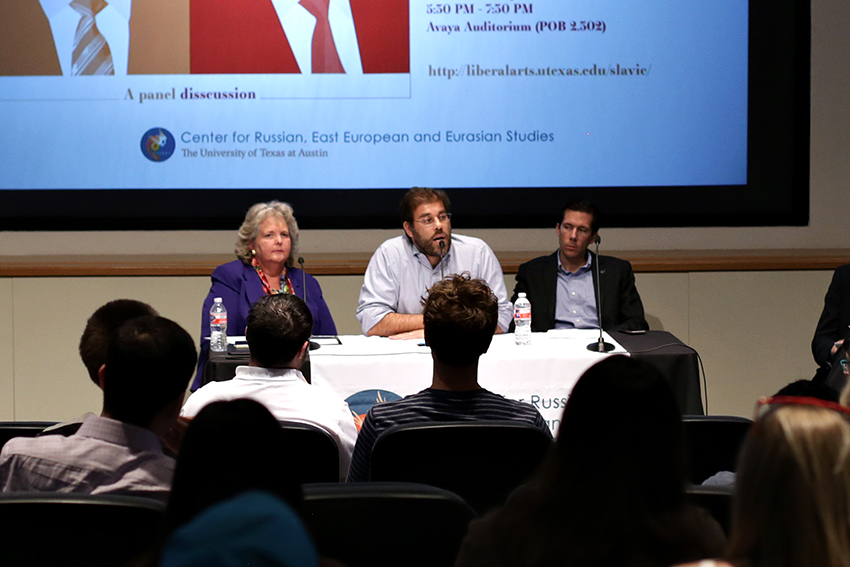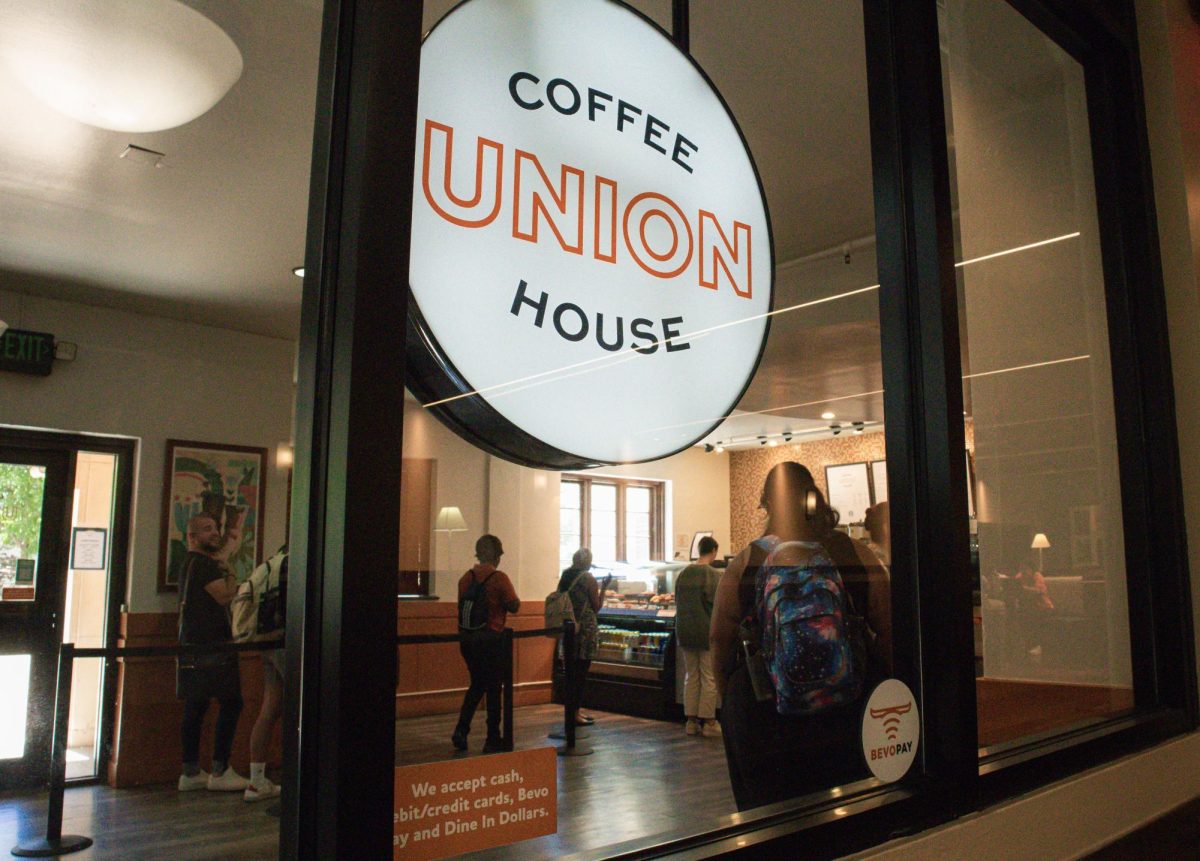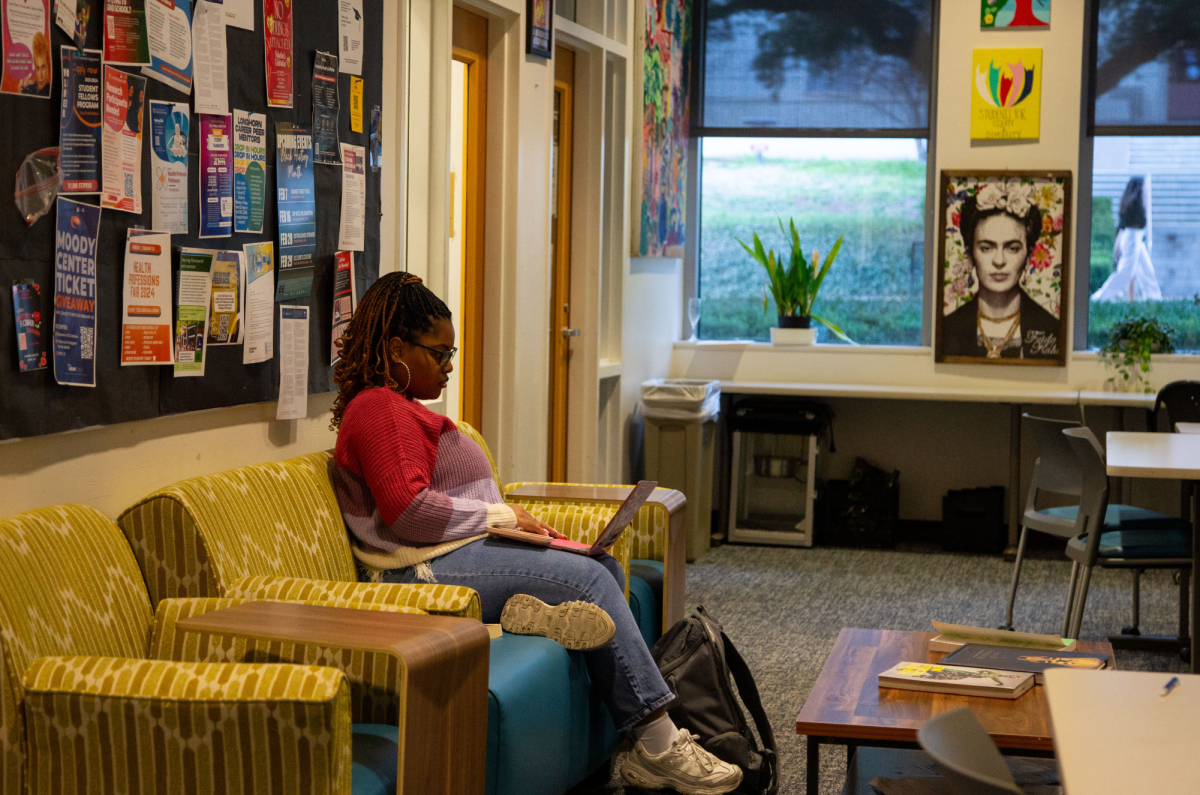The future of U.S.-Russia relations is uncertain, international relations experts said in a panel Monday evening on campus in Avaya Auditorium.
The Center for Russian, East European and Eurasian Studies held a panel with experts on Russia and foreign policy from UT and St. Edward’s University to discuss the anticipated change in relations with Russia during the Trump administration.
President Donald Trump has repeatedly said he wishes to improve relations with Russia while in office. However, there are concerns among many Americans regarding Trump’s economic ties with Russia, Russian hacking during the 2016 election and Russians allegedly blackmailing Trump, panelists said.
History professor Jeremi Suri said Trump is creating a false sense of friendship with a country we have fundamental differences with, which would eventually lead to war with Russia.
“(Putin) has undertaken actions that in any previous period would be enough to set off alarm bells, especially in the Republican Party,” Suri said. “It’s not a change of view on Russia, but a change of view on politics and legitimacy, and that’s dangerous.”
U.S.-Russia relations have the potential to be passive or aggressive, said Paul Miller, associate director of the UT Clements Center for National Security.
“It all depends if Putin is friendly or hostile,” Miller said. “If (Trump) has to defend himself to regain honor or credibility, he would turn aggressive.”
International relations professor Sharyl Cross, director of the Kozmetsky Center at St. Edward’s University, said the U.S. is in a new Cold War-era with Russia. Cross said the U.S. could benefit from many shared interests with Russia, such as how the two could work together to counter terrorism and improve the economy.
“It’s a question of whether or not Trump’s desire (to improve Russia relations) can translate into a sustained, better relationship,” Cross said. “We have to wait and see. I don’t think anyone would disagree that the world would be better with this relationship.”
Kim Hsun, business and international relations freshman, said she attended the panel because of the uncertainty of international relations under the Trump administration.
“I’m very much anti-relationship with Russia,” Hsun said. “(The panelists) listed a laundry list of reasons as to why it’s dangerous to be in relation with them, and even though it’s good to work together to compromise I don’t think we will ever find that compromise.”





















